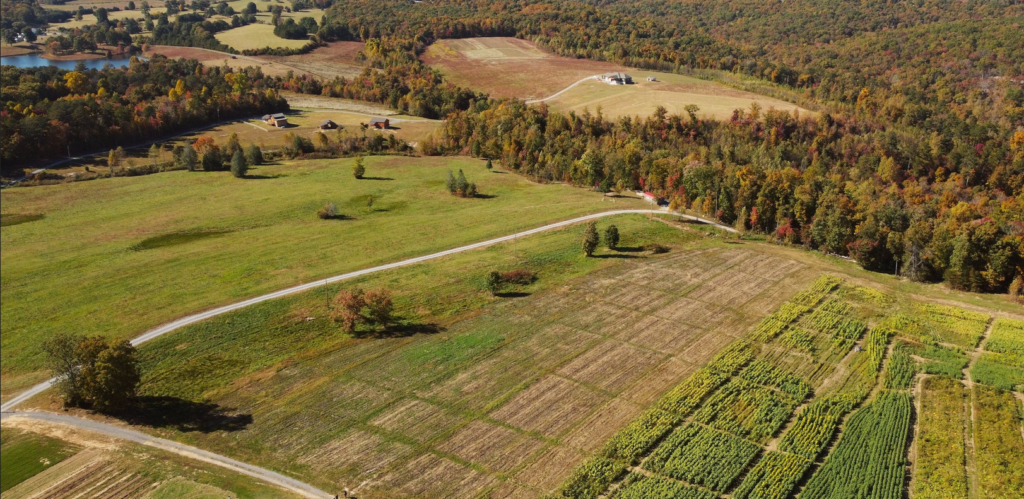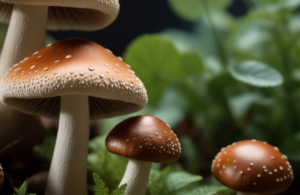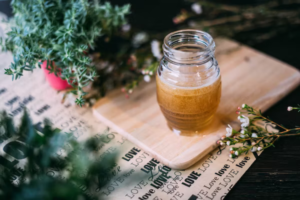In recent years, there has been a growing interest in something called regenerative agriculture. It has been touted as a potential solution to the environmental challenges that modern farming practices face. But what exactly is regenerative agriculture, and is it truly sustainable in the long run? Today we will try to answer this question and delve deep into it.
Understanding Regenerative Agriculture

Regenerative agriculture is an alternative approach to farming that prioritizes enhancing ecosystem health. Regenerative agriculture aims to improve soil health, increase biodiversity, and enhance water retention. This is in contrast to conventional farming methods that often deplete soil nutrients and rely heavily on chemical inputs. As a result, this leads to more resilient and productive farms.
Key Principles
Regenerative agriculture is guided by several key principles:
- Minimal Soil Disturbance: One of the fundamental principles of regenerative agriculture is minimizing soil disturbance. This means reducing practices such as excessive plowing that lead to tillage and disrupt the natural structure of the soil.
- Cover Crops and Crop Rotation: Cover crops are crops planted between cash crops that help protect the soil from erosion, suppress weeds, and improve soil fertility. Crop rotation is another essential practice that helps break pest and disease cycles and enhances soil health by diversifying plant species.
- Diverse Crop and Livestock Integration: Integrating diverse crops and livestock into farming systems can help mimic natural ecosystems, increasing overall resilience and productivity. For example, rotating crops with different root structures can improve soil structure and nutrient cycling. Integrating livestock can provide natural fertilizer and help manage weeds and pests.
- Conservation of Soil Health: Maintaining soil health is very important in regenerative agriculture. Practices such as adding organic matter through composting and manure application and promoting microbial diversity all contribute to healthy and productive soils.
- Water Management: Efficient water management is crucial for sustainable agriculture. Regenerative practices such as planting cover crops, mulching, and implementing water-saving irrigation techniques greatly help improve water retention in the soil and reduce runoff thus ultimately conserving water resources.
Is Regenerative Agriculture Sustainable?

The question of whether regenerative agriculture is sustainable is a complex one and depends on various factors. This includes implementation, scale, and local conditions. However, numerous studies[1] have shown promising results indicating that regenerative practices can lead to:
- Improved Soil Health: Regenerative agriculture has been found to increase soil organic matter thus increasing soil structure, and enhancing soil fertility. These factors lead to better crop yields and resilience to extreme weather events.
- Biodiversity Conservation: By promoting diverse crop rotations and integrating livestock, regenerative agriculture can help support biodiversity. It provides habitat for beneficial insects, birds, and other wildlife.
- Climate Change Mitigation: Healthy soils act as carbon sinks which sequester carbon dioxide from the atmosphere and help mitigate climate change. Regenerative practices such as cover cropping and minimal tillage contribute to carbon sequestration thus making agriculture more climate-friendly.
Regenerative agriculture shows great potential for sustainability. However, challenges such as scalability, economic viability, and knowledge transfer still need to be addressed to ensure widespread adoption and long-term success.
Conclusion
In conclusion, regenerative agriculture offers a promising pathway towards a more sustainable food production system. By implementing regenerative practices and even supporting farmers who adopt these methods we can contribute to a greener future for agriculture and eventually our food too.





